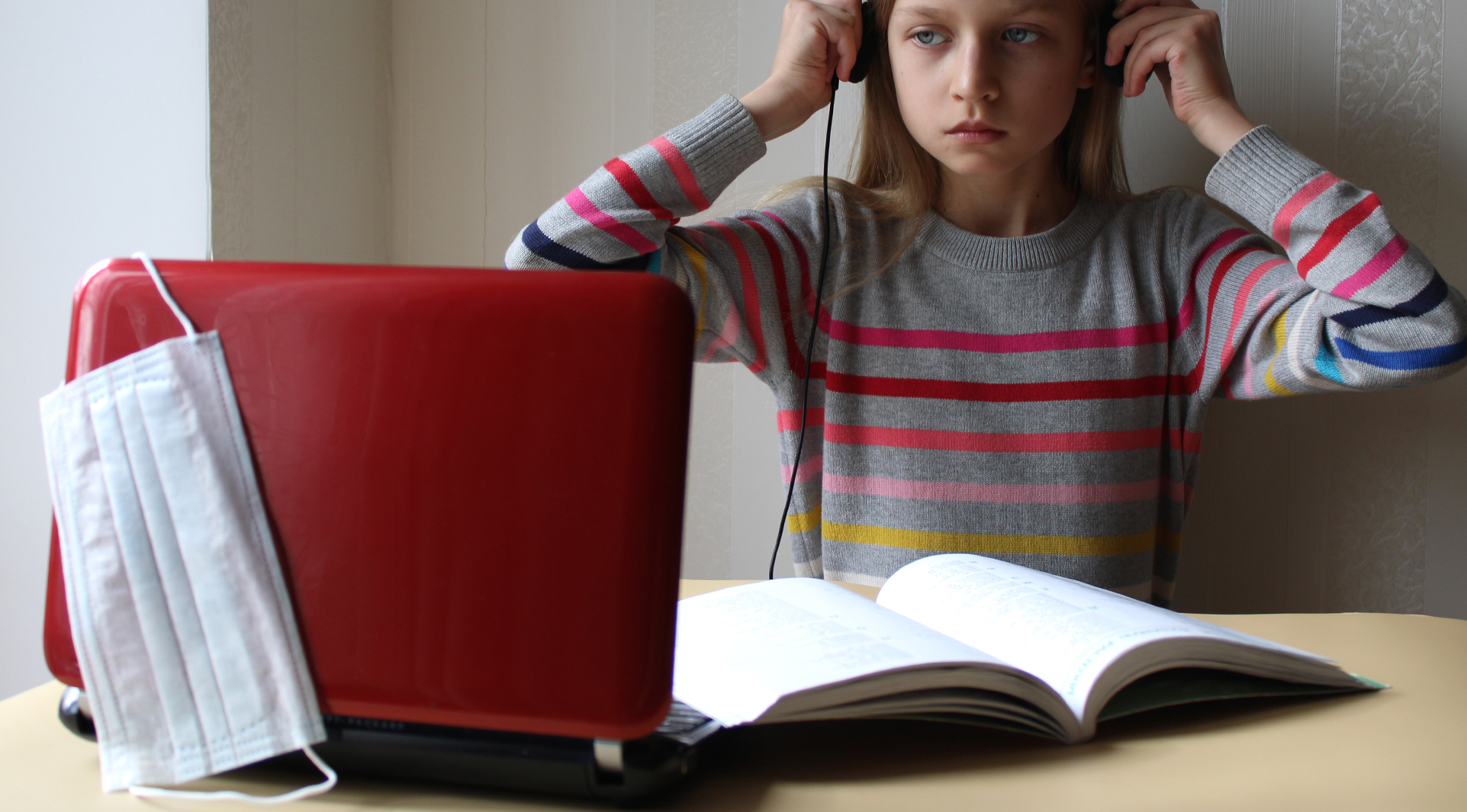Did the future arrive before we were ready for it?
This NORRAG Highlights is contributed by Noah W. Sobe, Senior Project Officer UNESCO’s Futures of Education initiative. The author discusses the future of education in the context of COVID – 19, examining how we were unprepared for this outbreak. This post is published in anticipation of the UNESCO event Futures of Education: UNESCO Initiative to Reimagine Knowledge and Learning, which will take place on Tuesday 24 March 2020 at 10am EST as part of the CIES 2020 online programme, and the upcoming UNESCO-NORRAG Futures of Education Dialogues.
As part of implementing UNESCO’s new flagship initiative on the Futures of Education and serving as the secretariat for the International Commission that has been established, many of us at UNESCO have spent the last 12 months thinking about predicted, probable, and possible futures for humanity and the planet. Using 2050 as a horizon of reference, we drew up long lists of challenges and key topics to consider. These ran the gamut from the climate crisis and environmental devastation, to social movements and the future of democracy, to AI and the changing world of work. Longer human lifespans, biotechnology, and what Yuval Harari recently termed the “ability to hack humans” made the lists. A future shaped by global health pandemics didn’t.
In one part this is a sobering reminder that the future is intrinsically and reliably unknowable. We’ve received an object lesson in how to cope with uncertainty: not by striving for control, but by developing resilience, wisdom, creativity, inclusion, diversity – and the many other practices and values that help individuals and societies adjust to a changing world. The aim being not merely to adapt, but also to shape a changing world for the better.
Perhaps we should have known better and foreseen this. We all should have read David Quammen’s 2012 book Spillover on the spread of diseases from animals to humans. The warning signs were there. We could have been better prepared in terms of properly funded research, properly equipped public health systems, as well as a more mature approach to symbiotically sharing the planet.
Across the globe today people are pondering the long-term effects of social distancing and the short-term closing down of economic, social, cultural and civic life. What will be the future of civil liberties, what of human rights? What the COVID-19 crisis and global response will mean for the future of education and learning is an urgent question – and not just for UNESCO and school leaders. It’s a question parents, children and learners of all ages are facing. This is “a moment of forced opportunity” as a recent article in the Economist put it. And, in one, three, six … months when K‑12 schools reopen and universities, technical colleges, adult learning centers etcetera resume their regular operations let’s hope we’ll all have come out the better for it. At best, we’ll have learned more about making distance learning and digital tools better serve students and the public good. We’ll also have learned more about the valuable things that happen at schools themselves in the presence of teachers and other learners.
What will we have learned about being ready for the future? For one, that many of the warning signs are here with us already. Yes, let’s worry about robots stealing jobs and connect that to all the warning signs of global inequalities deepening. Yes, let’s think about gene splicing and connect that to warning signs that global solidarity and multilateral cooperation are on the decline. Humility in the face of the unknown, an acceptance of indeterminacy, and renewed commitments to working together justly may be what make us readiest for the future.
Contribute: The NORRAG Blog provides a platform for debate and ideas exchange for education stakeholders. Therefore, if you would like to contribute to the discussion by writing your own blog post please visit our dedicated contribute page for detailed instructions on how to submit.
Disclaimer: NORRAG’s blog offers a space for dialogue about issues, research and opinion on education and development. The views and factual claims made in NORRAG posts are the responsibility of their authors and are not necessarily representative of NORRAG’s opinion, policy or activities


How to study in times of Pandemic. A guide for teachers and students interested in teaching and learning in this period of closed schools:
https://epoca.globo.com/como-estudar-em-tempos-de-pandemia-24318249?fbclid=IwAR1iOt1A_b7UlFU8eSL6zLuDmSx1BYfw1b3-uIjkXf6EjAccdAjhYVCOmR0